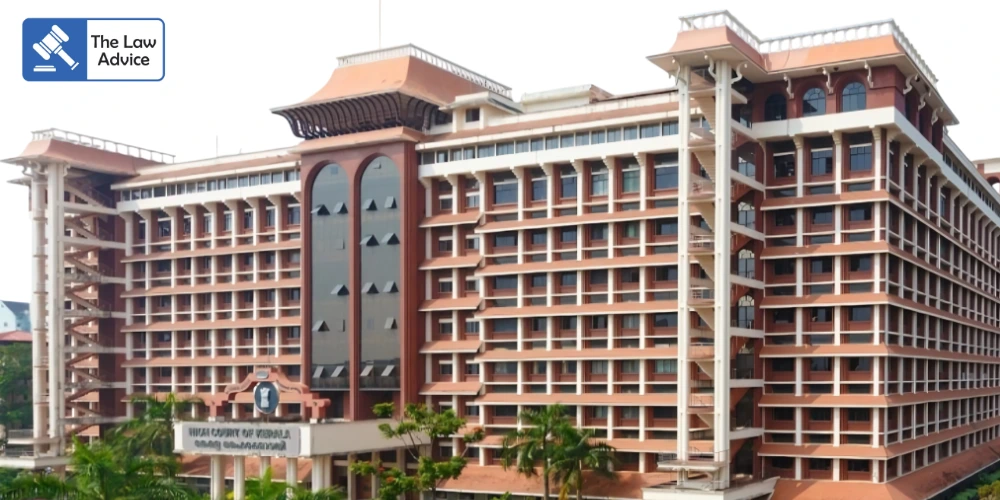
The Kerala High Court on Wednesday (19 November) voiced serious concern over the relocation of the Model Tribal Residential School, Thirunelli, to the Tribal Resettlement and Development Area (TRDA) near Aralam Farm—a region known for frequent wild elephant movement.
A Division Bench of Dr. Justice A.K. Jayasankaran Nambiar and Justice Jobin Sebastian was hearing matters relating to escalating human–wildlife conflict in Wayanad and Aralam.
The Court was informed that 257 tribal students and 47 teachers from the Thirunelli residential school had been moved to the TRDA premises. The shift reportedly took place due to insufficient infrastructure at the original school.
The Divisional Forest Officer revealed that the relocation occurred despite clear warnings from the Forest Department and the Kannur District Collector. Authorities had cautioned that damaged retaining walls around the TRDA made the area highly vulnerable to elephant intrusion.
Expressing disbelief, the Court questioned why the Tribal Department proceeded so quickly. It instructed the Director, SC/ST Development, to file an affidavit by Monday (24 November) explaining the decision, and why concerns recorded in meeting minutes dated 26 July 2025 were ignored.
“We are rather perplexed at how the tribal department could have rushed into taking such decision,” the Bench remarked.
The petitioner also raised issues about the structural reliability of the rail fencing planned as part of a 10-km protective wall in Aralam. The fence—constructed using welded, used railway rails—was said to be weak at welding joints, with similar failures previously reported in Wayanad.
The Court interacted with the PWD Assistant Executive Engineer (Kannur) via video conference. After reviewing the petitioner’s concerns, the engineer agreed to examine them. The Bench directed the District Collector to submit PWD’s remarks within 10 days to ensure the design is reassessed before work proceeds.
When the petitioner pointed out breaches in temporary fences caused by elephants pushing trees onto them, the Court stressed environmental balance:
“The tree is also as valuable as the animal. We cannot order that trees be cut; we must rethink solutions,” the Bench observed.
The Bench also asked the DFO whether beehive barriers—successfully used in parts of India—could help deter elephants. The DFO agreed to explore this option.
Separately, the seventh respondent, Aralam Farming Corporation, informed the Court that its request for Disaster Management Fund assistance for essential weeding and safety work in the DRDM area had not received any response.
The Court had earlier criticised delays in releasing funds meant for human–wildlife conflict mitigation. The Government Pleader informed the Bench that the Disaster Management Authority would release funds within two days, based on assurances from the Additional Secretary (Disaster Management) who appeared online.
The Court further asked the District Collector to consider using the funds not only for machinery but also for clearing shrubs and weeds in the DRDM area to help reduce elephant movement into human zones.
Officials present online included the Deputy Collector, Kannur; the DFO, Kannur; the Member Secretary, Kerala State Disaster Management Authority; the PWD Assistant Engineer, Kannur; the Additional Secretary, Disaster Management; the Principal Secretary, LSGD; and the District Collector, Wayanad.
The matter will be taken up again on 26 November.
Case Title: Baiju Paul Mathews v. State of Kerala and connected case
Case No.: WP(C) 7858/2025 and connected case
Party-in-Person; Counsel for Respondents: T.R. Harikumar, Arjun Raghavan, Nirmal S., V. Harish, Nagaraj Narayanan (Special Government Pleader – Forest)
Website designed, developed and maintained by webexy